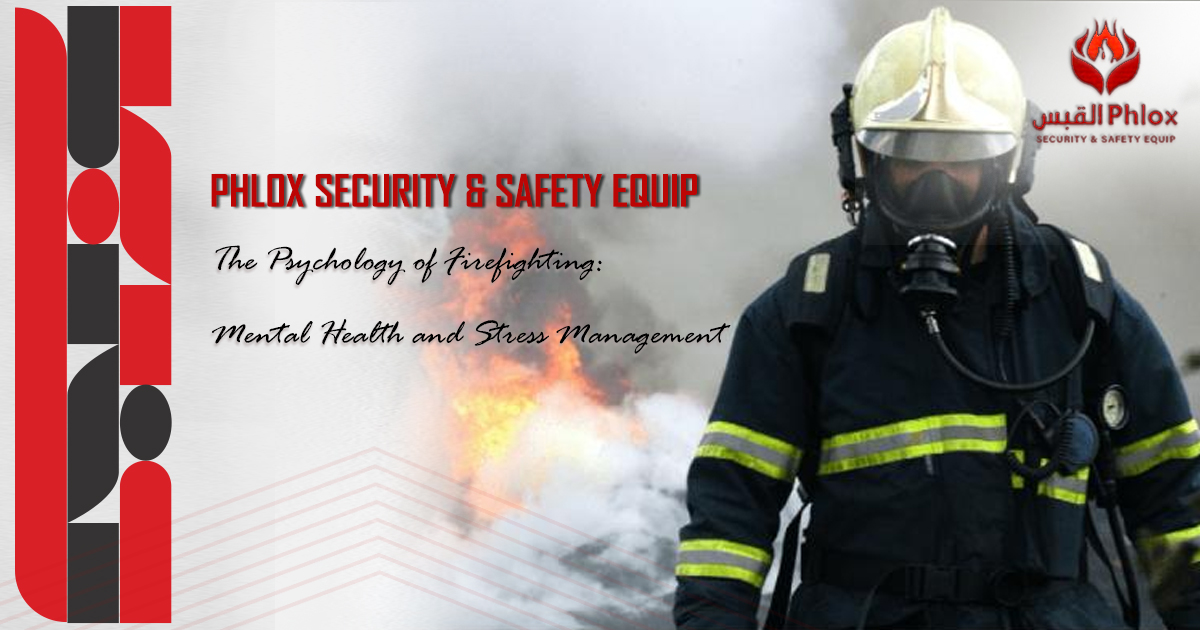
The Psychology of Firefighting: Mental Health and Stress Management
Firefighting is not only physically demanding but also emotionally and psychologically taxing. Firefighters regularly face high-stress situations, trauma, and life-threatening emergencies, which can significantly impact their mental health. Addressing these challenges and implementing effective stress management strategies are crucial for maintaining the well-being of those who bravely protect our communities.
Mental Health Challenges
Firefighters are exposed to traumatic events, including serious injuries, deaths, and property destruction. This constant exposure can lead to mental health issues such as post-traumatic stress disorder (PTSD), depression, and anxiety. The nature of their work often requires them to suppress their emotions to remain focused during emergencies, which can further exacerbate psychological strain.
Stress Management Strategies
- Access to Professional Support: Providing firefighters with access to mental health professionals who specialize in trauma and stress can be invaluable. Counseling and therapy offer a safe space to process experiences and develop coping strategies. Many fire departments now offer Employee Assistance Programs (EAPs) that include mental health support.
- Peer Support Programs: Peer support can be incredibly effective in managing stress. Fire departments can establish programs where experienced firefighters offer support and mentorship to colleagues. Sharing experiences and feelings with others who understand the unique pressures of the job can be comforting and validating.
- Regular Mental Health Training: Incorporating mental health awareness into regular training sessions can help firefighters recognize signs of stress and understand the importance of seeking help. Education on mental health can reduce stigma and encourage open discussions about psychological well-being.
- Healthy Lifestyle Choices: Promoting a balanced lifestyle, including regular exercise, healthy eating, and sufficient sleep, can help mitigate stress. Firefighters should be encouraged to engage in activities that promote relaxation and overall well-being.
- Stress Relief Techniques: Techniques such as mindfulness, meditation, and breathing exercises can be effective in managing stress. Providing training in these techniques and encouraging their use can help firefighters better cope with the demands of their job.
By acknowledging the psychological challenges faced by firefighters and implementing these strategies, we can support their mental health and resilience. Ensuring that firefighters have the tools and resources for stress management is essential for their overall well-being and effectiveness in their crucial role.
Related Topics:
The Essential Role of Modern Firefighting Systems
Firefighting Challenges Navigation Amid Rain-Induced Water Floods



